About How Efficient Is a Typical Gasoline Burning Car Engine
The efficiency at turning burned fuel into usable energy in most internal combustion engines is quite poor. The efficiency by which they do so is measured in terms of thermal efficiency and most gasoline combustion engines average around 20 percent thermal efficiency.

How Is Energy Wasted In A Car Engine Mcnally Institute
The diesel version of the engine consumes on average 810gkWh less fuel compared with the closest competitor across its entire load range.

. In addition to heat the various systems required to run the engine all take energy that. Compared to the state of the art the consumption of the new gas engine with prechamber combustion process was reduced by 20 percent converted. How to calculate fuel conversion efficiency.
The purpose of this discussion is to bring home the fact that the efficiency of gas engines vary dramatically over their power range. This means that for a stock engine only 20 of the power in fuel combustion is effective. The fuel conversion efficiency of the engine is 307.
In other words even when the engine is operating at its point of maximum thermal efficiency of the total heat energy released by the gasoline consumed about 65-80 of total power is emitted as heat without being turned into. Current production spark-ignition engines are working with brake thermal efficiency BTE about 3036 12 compression-ignition engines have long been recognized as one of the most efficient power. With a more conventional turbocharger system producing intake pressures of about 5 bar improving turbocharger efficiency from 65 to 75 yields about a 50 increase in positive net pumping.
A gasoline engine at a steady engine speed has a fuel mass flow rate of 6 gs and outputs 80 kW of power. A typical passenger car fueled by gasoline is operating at roughly 10-12 thermal efficiency while at 40 mph on level ground. This approach is illustrated in Figure 13 using an idealized gas exchange process reflective of large four-stroke gas engines typical of those used in stationary and marine applications.
In order to make a car run a cars engine burns gasoline and converts the energy from the heat of the combusting gasoline into mechanical work. The rest of the energy is lost to engine and driveline inefficiencies or used to power accessories. Volumetric efficiency is the relationship between how much air and fuel has been taken into the cylinder compared to how much air and fuel is required to fill the cylinder under normal atmospheric.
According to MDPI gasoline engines have a thermal efficiency of between 30 and 36 while diesel engines can reach a thermal efficiency of almost 50. Diesel engines can be more than twice as fuel efficient as gasoline engines but they also produce more pollution like particulate matter and nitrogen oxide. In order to achieve this efficiency they must use a fuel source as low as hydrogen and most gasoline combustion engines at about 20 percent.
How Efficient Is A Typical Gasoline Burning Car. How many BTU will it produce from 1000 BTU of natural gas. Ciatti explains What we want to do is combine the efficiency of diesel with the cleanliness of gasoline Gasoline and diesel engines both produce power by burning fuel in air.
Conventional gasoline vehicles only convert about 1721 of the energy stored in gasoline to power at the wheels. Calculate the fuel conversion efficiency using the lower heating value of conventional gasoline. Modern gasoline engines have a maximum thermal efficiency of more than 50 but road legal cars are only about 20 to 35 when used to power a car.
In 2020 total US. At its optimum point this number can go as low as 165gkWh. The new Wärtsilä 31 is the most fuel-efficient four-stroke engine currently available on the market.
How efficient is a typical gasoline burning car engine. Most engines are about 94 mechanically efficient. This effectively debunks the assertion that electric cars are dirtier and more environmentally destructive than gas engine cars.
ANNAND in Internal Combustion Engines 1988 Publisher Summary. This chapter provides an overview of gasoline enginesIn the conventional spark-ignition engine fuel and air are drawn into the combustion cylinder together and are intended to form a homogeneous mixture of air and vapour by the time of ignition towards the end of the compression stroke. Emissions Per Mile Driven.
The function of a gas furnace is to convert the chemical energy of the gas into heat thermal energy as shown in Table 4-1 and illustrated in Figure 4-3. Most internal combustion engines are only 20 percent thermally efficient according to Green Car Reports. Useful energy output Energy input Efficiency.
Only about 1230 of the energy from the fuel you put in a conventional vehicle is used to move it down the road depending on the drive cycle. That means it. Tank to wheel efficiency numbers are.
CO 2 emissions from aviation and motor gasoline combustion were about 979 million metric tons or about 21 of total US. A typical car only converts around 25 percent. Sadly even with regular car maintenance such as a tune-up or an oil change todays gasoline engines are only around 30 to 35 percent efficient which means roughly 65 cents out of every dollar you spend on gas goes.
Most internal combustion engines are incredibly inefficient at turning fuel burned into usable energy. A gas furnace has an efficiency of 75. Record efficiency for passenger car engines.
The efficiency by which they do so is measured in terms of thermal efficiency and most gasoline combustion engines average around 20 percent thermal efficiency. Burning a gallon of gasoline that does not contain ethanol produces about 19 pounds of carbon dioxide CO 2. Gasoline-powered engines are 25 to 30 efficient.
Therefore the potential to improve fuel efficiency with advanced technologies is enormous. An electric motor typically is between 85 and 90 efficient. The Clean Air Act the Act seeks to reduce air pollution in.
About how efficient is a typical gasoline burning car engine a 5 b 70 c 30 d 100 from CPHY 101 at University of Massachusetts Boston. When discussing car engines efficiency is measured by how much of the energy in gasoline is actually converted into power that moves the car down the road. Click here for a diagram of power losses.
But the truth is even more in favor of electric cars because gas cars are far less efficient in terms of energy needed per mile driven. Energy-related CO 2 emissions.

How A Car Engine Works The Functioning Of The Engine And Its Components Explained In Detail

What Is Car Engine How Does Car Engine Work Engineering Choice
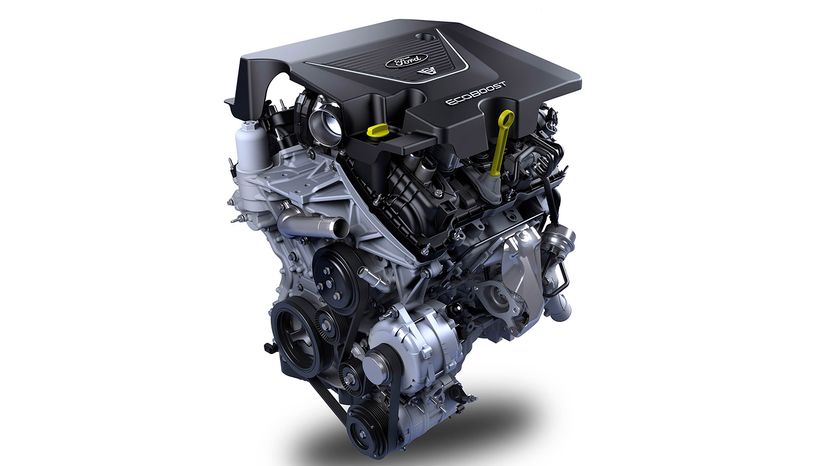
How Car Engines Work Howstuffworks

How Does A Car Engine Work Full Process Step By Step Cardokan Com

What Causes Car Engine To Knock Mcnally Institute
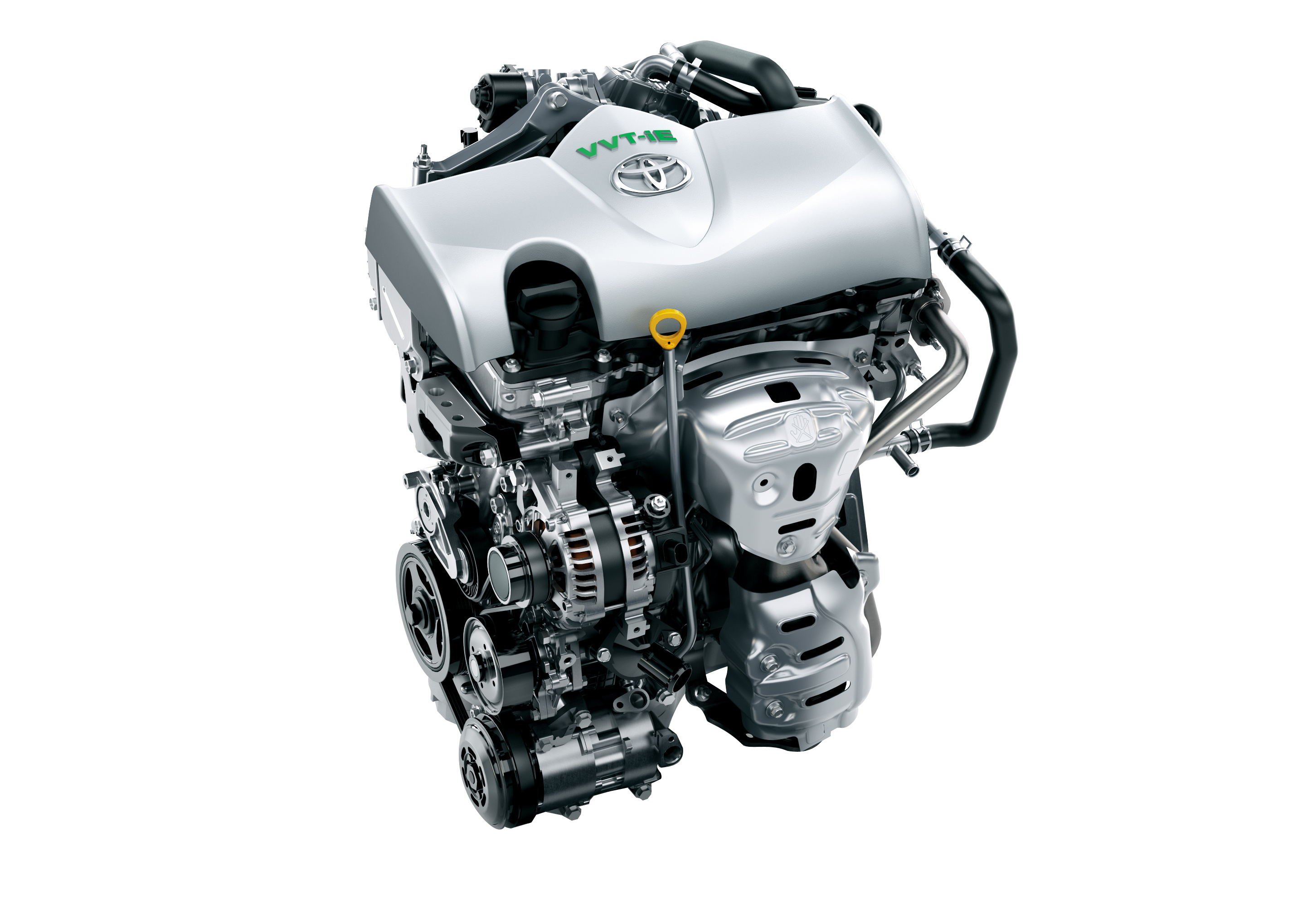
Toyota Gasoline Engine Achieves Thermal Efficiency Of 38 Percent
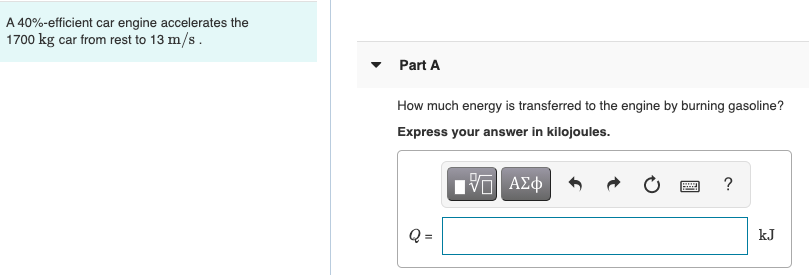
Solved A 40 Efficient Car Engine Accelerates The 1700 Kg Chegg Com

How Efficient Is A Gasoline Burning Car Engine Mcnally Institute
What Happens In A Car Engine Quora

Vacuum Pressure Hydrogen Fuel Cell Defeats High Gas Prices Using Hydrogen From H2o Youtube Hydrogen Fuel Hydrogen Fuel Cell Hydrogen Generator
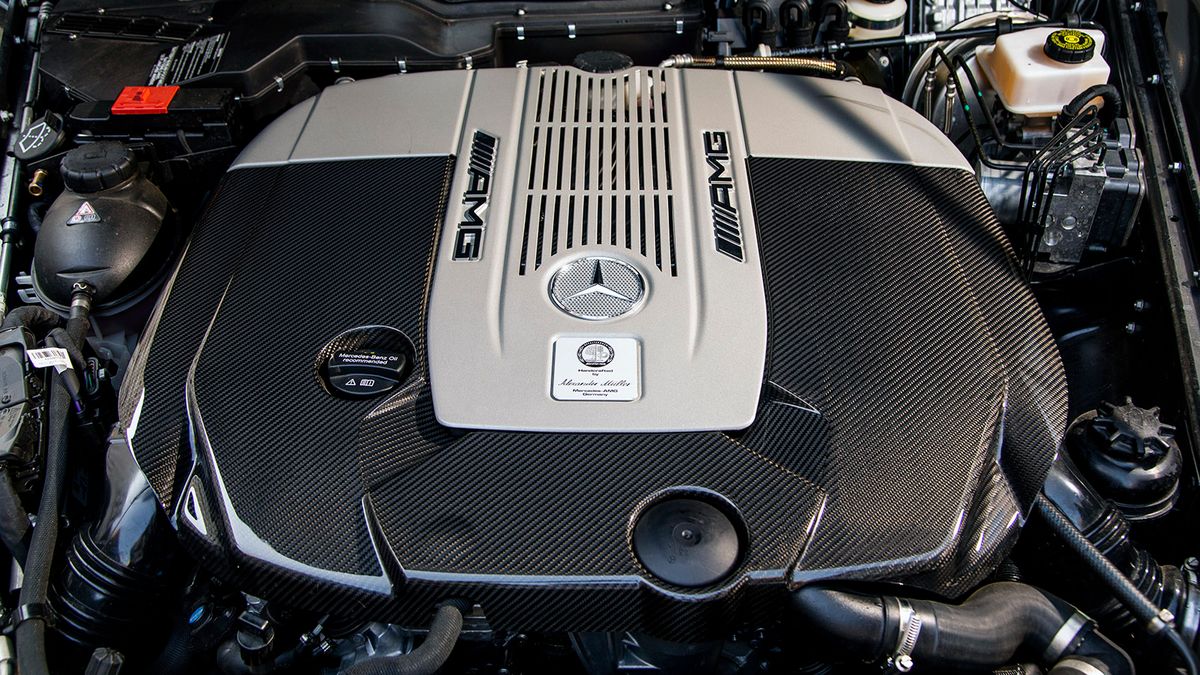
How Car Engines Work Howstuffworks

How A Car Engine Works The Functioning Of The Engine And Its Components Explained In Detail
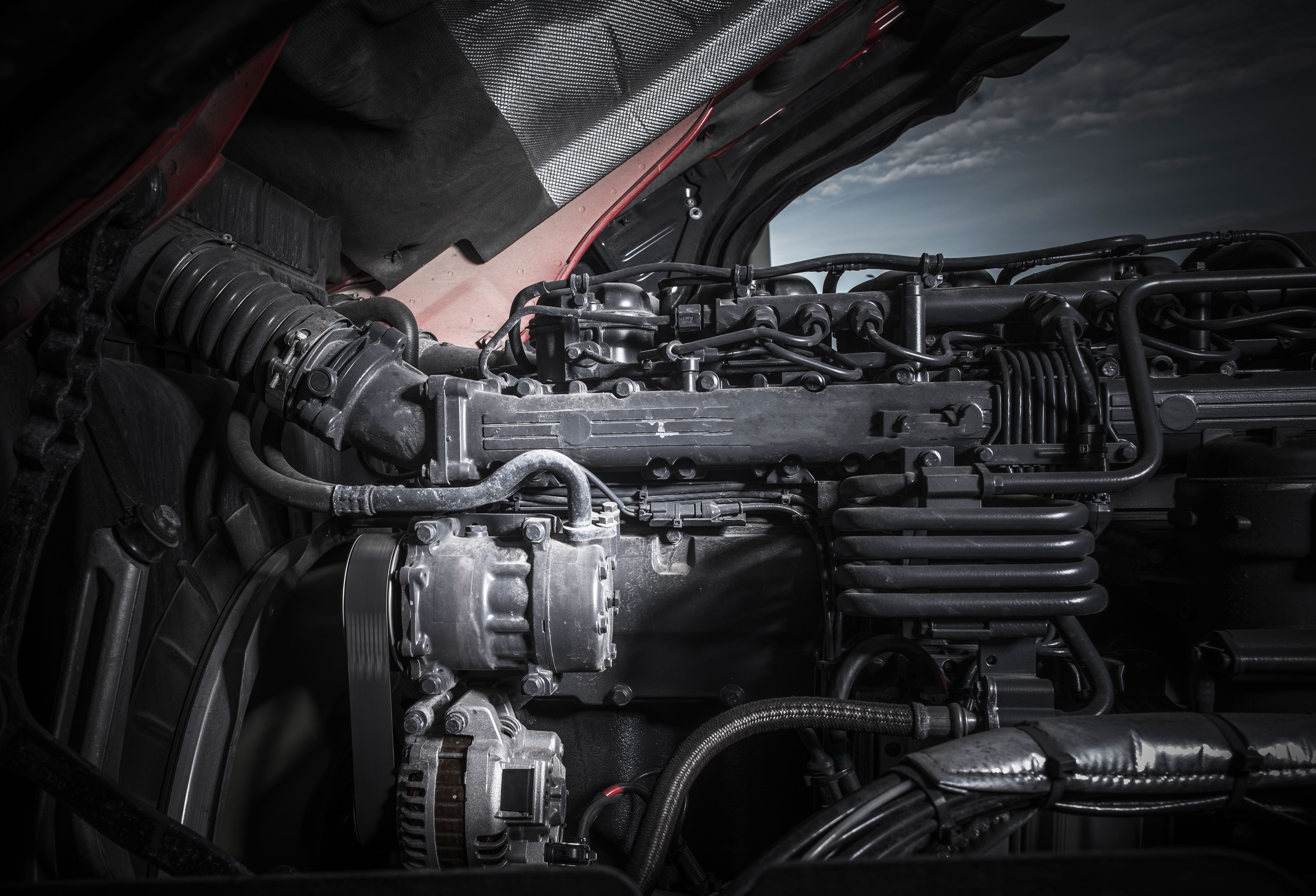
How Efficient Are Engines Thermodynamics And Combustion Efficiency
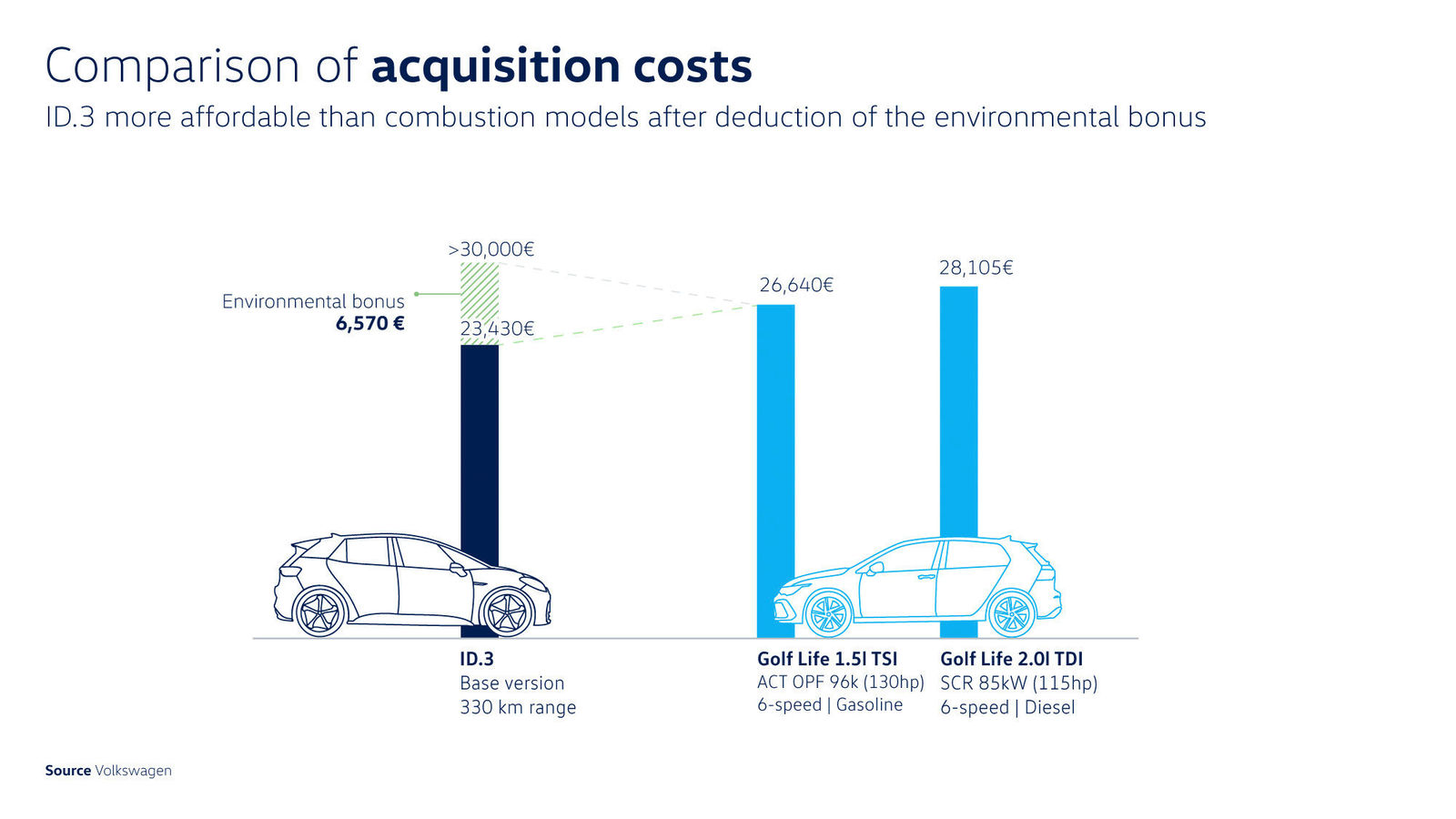
The Big Cost Comparison E Car Vs Combustion Engine Volkswagen Newsroom

How Much Does A Car Engine Give Off Mcnally Institute
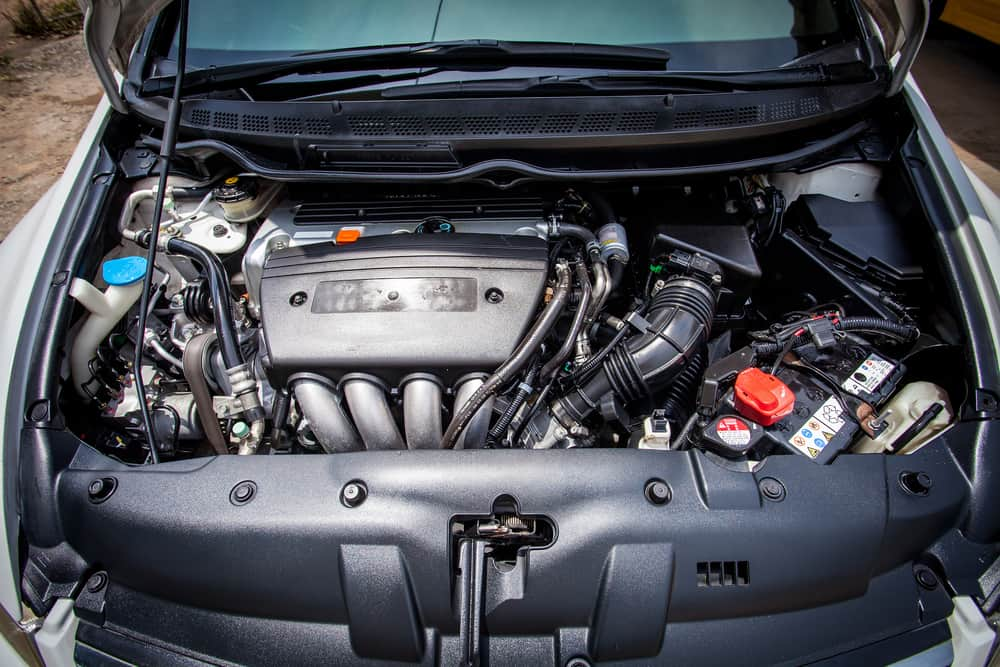
How A Car Engine Works The Functioning Of The Engine And Its Components Explained In Detail

How Efficient Is A Modern Car Engine Mcnally Institute

Comments
Post a Comment